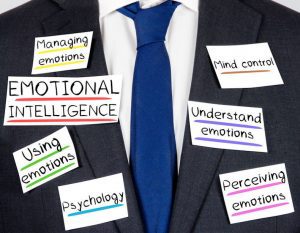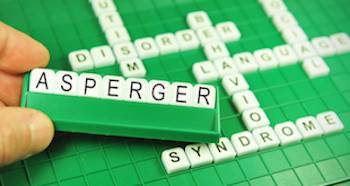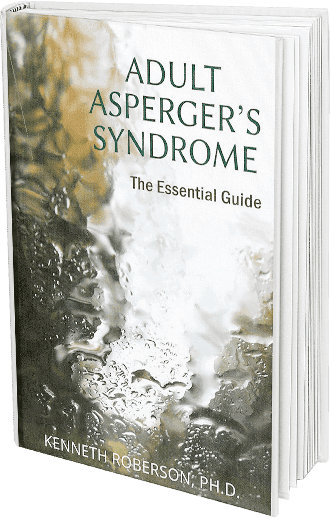
Engaging the social world without empathy is like going to the mall without any money or pants on: it can be done, but you’re bound to have problems.
- David Finch, The Journal of Best Practices: A Memoir of Marriage, Asperger Syndrome, and One Man’s Quest to Be A Better Husband.
Recognize and understand your emotions and you have the power to control them. This is a general principle in psychology, closely associated with the idea that understanding emotions allows one to choose how to respond to any situation.
Asperger’s syndrome (Autism Spectrum Disorder, as it is now called) is characterized by poor social skills, notably failure to respond successfully to social interactions. The cause of social inadequacy is complex but at the heart of it is difficulty understanding how people, including oneself, think and feel.
The misunderstanding that adults withAutism Spectrum Disorder display towards others is typically attributed to a lack of empathy. Their responses in social situations often don’t match the feelings conveyed by others, as if they are tone deaf to how someone is hurting, confused, worried, or even happy, confident or content.
Empathy is the direct result of not understanding people, how they think, feel, and believe and what they want, and it follows that developing empathy is a matter of understanding the minds of others.
Is understanding someone in a deep, encompassing way, possible? Can an adult with Autism Spectrum Disorder learn to be more attuned to what people think and feel, thus becoming more empathic? Is it feasible for an “aspie” to develop the skills to recognize how people are expressing themselves, for example the difference between someone who is comfortable versus someone who’s anxious? If so, how would this occur?
Developing Emotional Intelligence
Daniel Goleman calls self-awareness the “keystone” of emotional intelligence. It is the ability to recognize one’s emotion, understand the feelings associated with emotion and understand the thoughts and behaviors that result from an emotion.
Self-awareness is developed by paying attention to emotions and how they work. Do you get anxious talking with strangers? Do you get angry when people ignore you? Are you confused when tracking several conversations taking place at the same time? Do you make jokes or instead respond seriously in tense situations? If you know these things about yourself, then you are practicing self-awareness.
Emotionally aware people work at building that awareness. One way to do this for yourself is to put together a list of your values, the principles, standards and ideas that guide your life. Knowing what is important to you leads to a better understanding of what guides other people. Similarly, putting together a list of the assumptions you have about yourself and others helps develop emotional awareness. Do you assume you know everything about a favorite interest or do you believe you’ll never know enough to be an expert? Do you think that what you like or don’t like is the same as what everyone likes or doesn’t like? Do you believe people are either inherently good or bad? Answers to these and similar questions develop the ability to identify the basic assumptions that guide other people’s thoughts, feelings and behavior.
Learning about emotions is another important step in developing emotional intelligence and empathy. Pay attention to what defines a particular emotion and what it is intended to convey. Anger, for example, is often a reaction to feeling helpless and is an attempt to regain a sense of control over a difficulty situation.
Naming emotions is a simple step that leads to mastery over complex feelings that otherwise seem beyond one’s control. Saying “I feel frustrated” adds a dimension of management over a state of mind that previously was experiences as unrecognizable, hence unmanageable. Putting a name on a feeling within you lessens the intensity of that feeling and makes it easier to know what to do with it.
Building your emotional vocabulary is an essential step towards improved empathy. And greater empathy is the pathway to more successful and rewarding relationships.
Click here to read about what is done in neurodiverse couples therapy.




